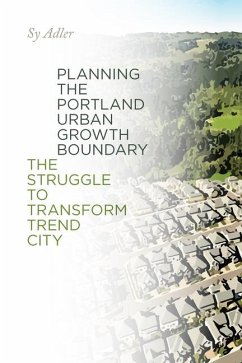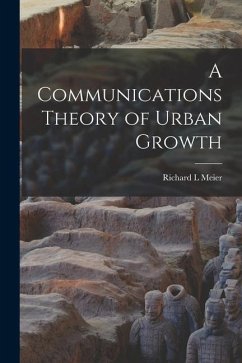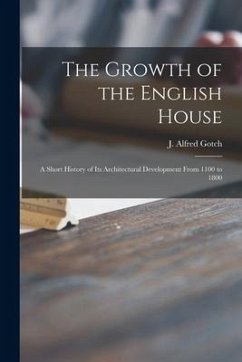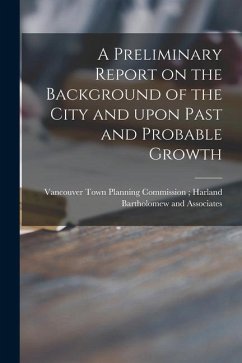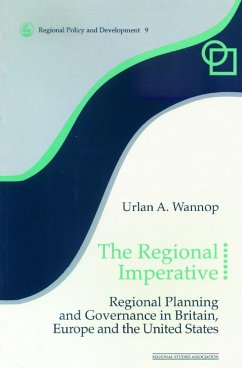
The No-Growth Imperative
Creating Sustainable Communities under Ecological Limits to Growth
Versandkostenfrei!
Versandfertig in 1-2 Wochen
50,99 €
inkl. MwSt.
Weitere Ausgaben:

PAYBACK Punkte
25 °P sammeln!
More than two decades of mounting evidence confirms that the existing scale of the human enterprise has surpassed global ecological limits to growth. Based on such limits, The No-Growth Imperative discounts current efforts to maintain growth through eco-efficiency initiatives and smart-growth programs, and argues that growth is inherently unsustainable and that the true nature of the challenge confronting us now is one of replacing the current growth imperative with a no-growth imperative. Gabor Zovanyi asserts that anything less than stopping growth would merely slow today's dramatic degradat...
More than two decades of mounting evidence confirms that the existing scale of the human enterprise has surpassed global ecological limits to growth. Based on such limits, The No-Growth Imperative discounts current efforts to maintain growth through eco-efficiency initiatives and smart-growth programs, and argues that growth is inherently unsustainable and that the true nature of the challenge confronting us now is one of replacing the current growth imperative with a no-growth imperative. Gabor Zovanyi asserts that anything less than stopping growth would merely slow today's dramatic degradation and destruction of ecosystems and their critical life-support services. Zovanyi makes the case that local communities must take action to stop their unsustainable demographic, economic, and urban increases, as an essential prerequisite to the realization of sustainable states. The book presents rationales and legally defensible strategies for stopping growth in local jurisdictions, and portrays the viability of no-growth communities by outlining their likely economic, social, political, and physical features. It will serve as a resource for those interested in shifting the focus of planning from growth accommodation to the creation of stable, sustainable communities. While conceding the challenges associated with transforming communities into no-growth entities, Zovanyi concludes by presenting evidence that suggests that prospects for realizing states of no growth are greater than might be assumed.





